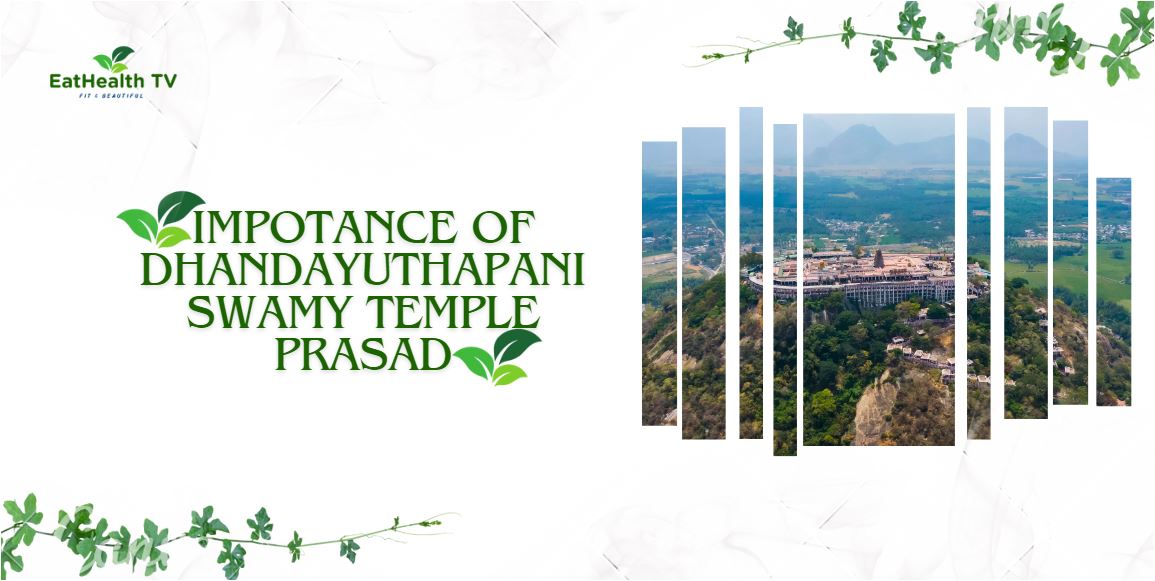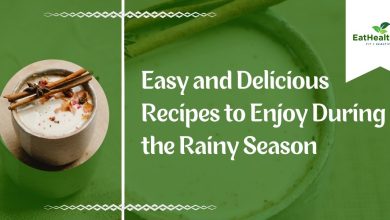Importance of Dhandayuthapani Swamy Temple Prasad
Divine Elixirs: Unlocking the Spiritual Essence of Panchamirtham Prasad at Dhandayuthapani Swamy Temple

Unveiling the Significance of Dhandayuthapani Swamy Temple Palani’s Panchamirtham Prasad
Nestled in the scenic hills of Palani, the Dhandayuthapani Swamy Temple stands as a beacon of spirituality and cultural heritage. Among the sacred rituals performed at this revered temple, the offering of Panchamirtham Prasad holds a special place. In this comprehensive exploration, we will delve into the historical importance of the Dhandayuthapani Swamy Temple, understand the cultural significance of Panchamirtham Prasad, and explore the divine art of preparing this sacred elixir.
The Legacy of Dhandayuthapani Swamy Temple, Palani
Dhandayuthapani Swamy Temple, dedicated to Lord Murugan, is a sanctum of religious fervor and historical richness. Perched atop the Palani Hills in Tamil Nadu, this temple has been a pilgrimage site for centuries, drawing devotees from far and wide. The spiritual resonance of the temple is deeply intertwined with the cultural fabric of Tamil Nadu, making it a cornerstone of religious heritage.
Panchamirtham Prasad: A Culinary Emissary of Divinity
At the heart of the temple rituals lies the preparation and offering of Panchamirtham Prasad. This divine concoction, often referred to as the “nectar of the Gods,” is a unique blend of five essential ingredients – bananas, dates, jaggery, ghee, and honey. The meticulous preparation of Panchamirtham and its subsequent offering to Lord Murugan is a symbolic gesture of devotion, with each ingredient carrying spiritual significance. Just as we know How to Prepare Golden Temple Prasad?
Ingredients of Panchamirtham Prasad
- Bananas: Symbolizing fertility and purity, bananas form the base of Panchamirtham, adding a sweet and creamy texture.
- Dates: Representing energy and vitality, dates contribute a rich, chewy sweetness to the Prasad.
- Jaggery: A natural sweetener, jaggery embodies the earthy essence and serves as a binding agent for the Panchamirtham.
- Ghee (Clarified Butter): Infusing a velvety richness, ghee symbolizes purity and is a key ingredient in the preparation.
- Honey: Adding a touch of natural sweetness and medicinal properties, honey brings its unique essence to the Panchamirtham.
The Ritual of Preparing Panchamirtham Prasad
- Selecting High-Quality Ingredients: The purity of the Prasad begins with selecting fresh, high-quality ingredients, ensuring each component contributes to the divine essence.
- Meticulous Cleaning and Chopping: The bananas and dates are carefully cleaned and chopped, signifying the importance of cleanliness and attention to detail in the spiritual journey.
- Blending the Ingredients: The chopped fruits are then blended with jaggery, ghee, and honey, creating a harmonious blend of flavors and textures.
- Infusing Devotion: Throughout the preparation, devotees infuse the Prasad with prayers and mantras, elevating it from a culinary creation to a divine offering.
- Offering to Lord Murugan: The final step involves presenting the freshly prepared Panchamirtham to the deity, symbolizing the completion of the sacred culinary ritual.
Spiritual Significance of Panchamirtham Offering
The act of offering Panchamirtham Prasad is more than a culinary tradition; it’s a spiritual journey. Each ingredient symbolizes virtues and values, and the meticulous preparation mirrors the devotion and dedication of the worshipper. Consuming Panchamirtham is believed to confer blessings, good health, and divine grace.
The Cultural Tapestry of Dhandayuthapani Swamy Temple
- Architectural Marvel: The temple’s architecture showcases the brilliance of Dravidian craftsmanship, making it a visual and cultural delight.
- Festivals and Celebrations: The temple comes alive during festivals like Thai Poosam and Panguni Uthiram, where devotees partake in vibrant processions and ceremonies.
- Spiritual Retreat: The tranquil surroundings of Palani Hills make the temple an ideal place for spiritual contemplation and rejuvenation.
Conclusion
In conclusion, the Dhandayuthapani Swamy Temple in Palani serves as a testament to the rich tapestry of India’s cultural and religious heritage. The offering of Panchamirtham Prasad is not just a culinary tradition; it’s a sacred journey that encapsulates devotion, symbolism, and spiritual elevation.
May the legacy of Dhandayuthapani Swamy Temple and the divine essence of Panchamirtham Prasad continue to inspire generations, fostering a deep connection between devotees and the divine. As we embark on this exploration of tradition and spirituality, let the nectar of Panchamirtham Prasad symbolize the sweetness of devotion and the richness of cultural heritage.




